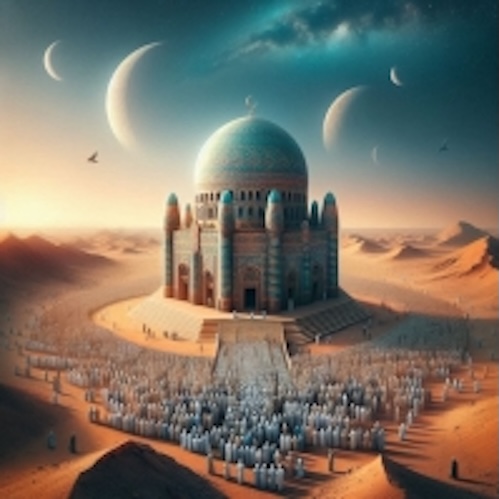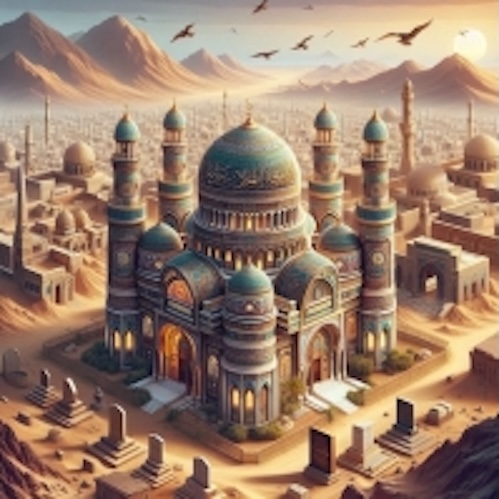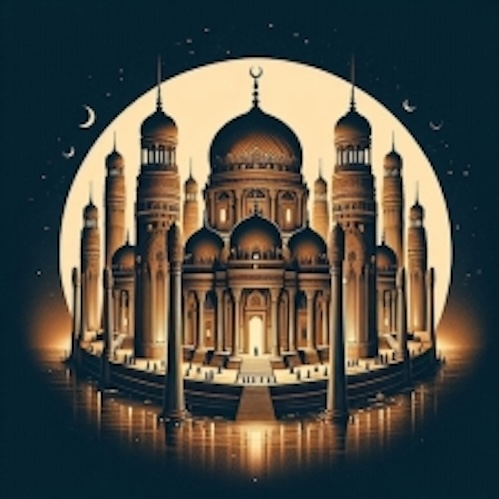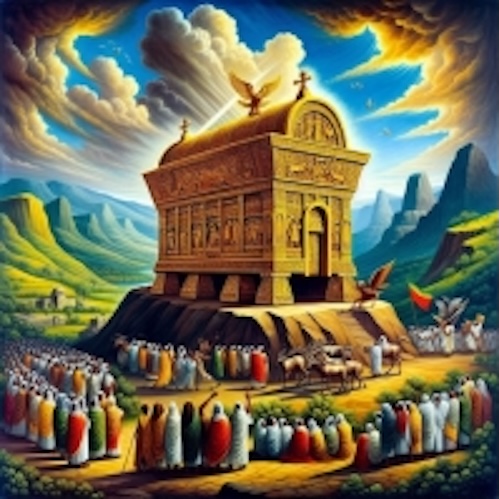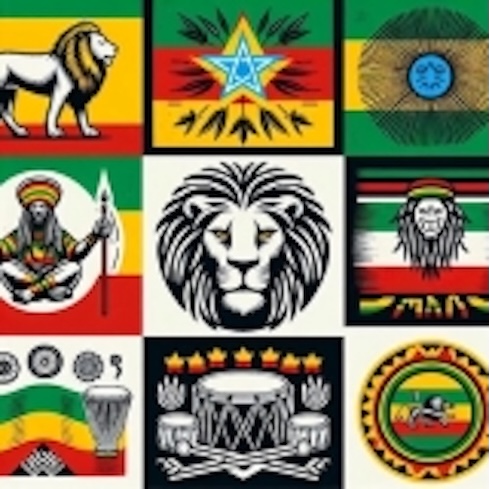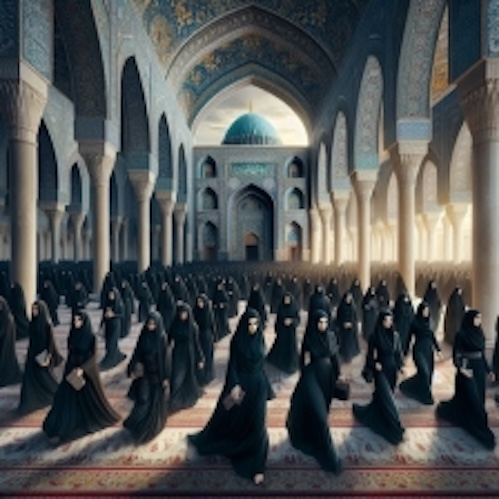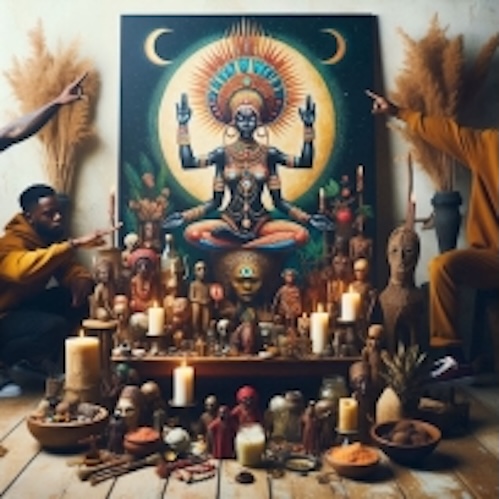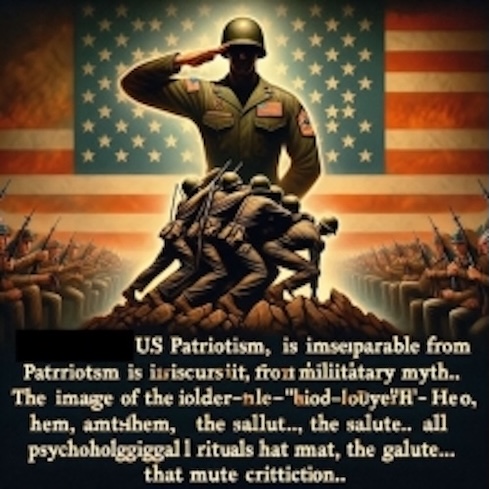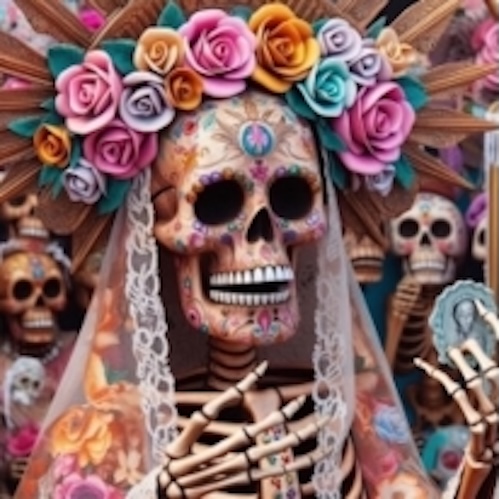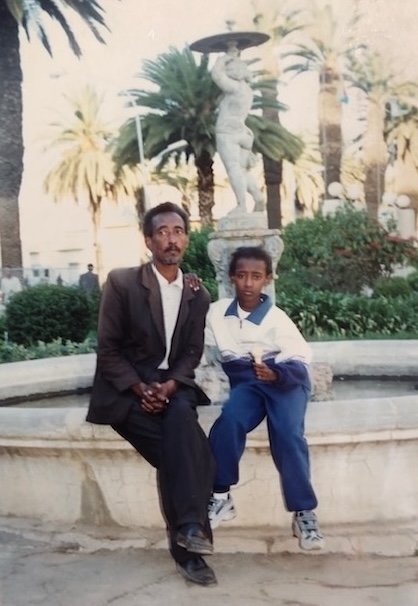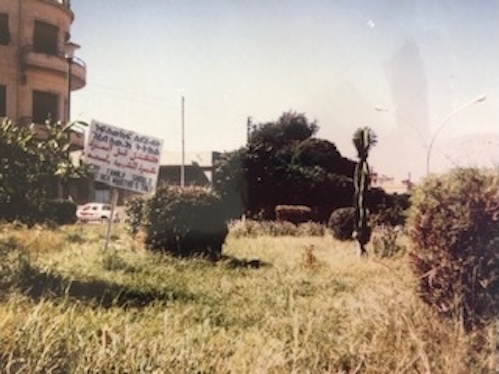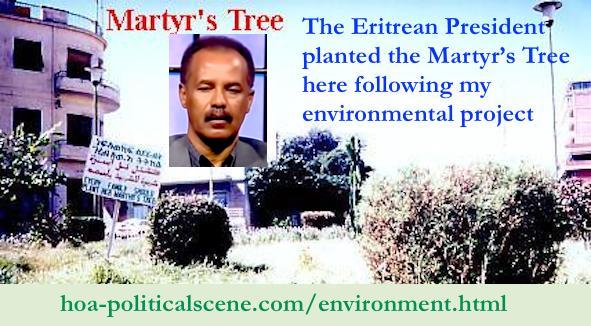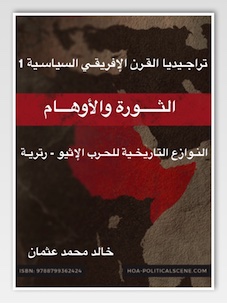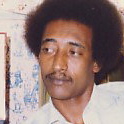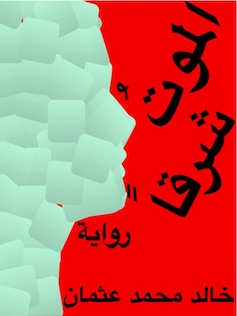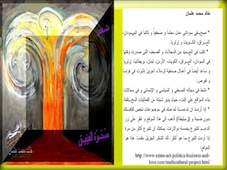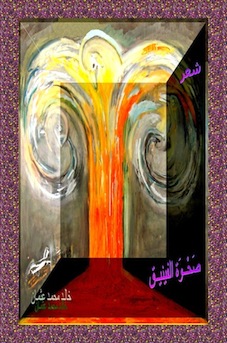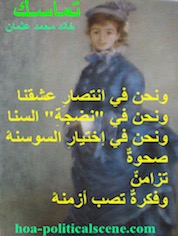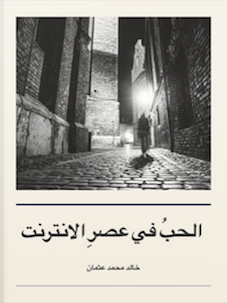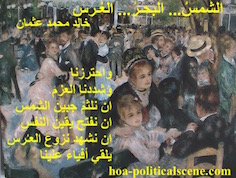The Politics of Myths and the Invention of Legitimacy!
The Politics of Myths and the Invention of Legitimacy is not merely an analysis—it is an invitation to reflect, to rejuvenate, and to see yourself mirrored in these myths. As you walk through this journey, my reflections become a space for your own. This is a cross-reflection: you, standing before the architectures of beliefs that shape our world, often without your full consent. In that recognition, something awakens.
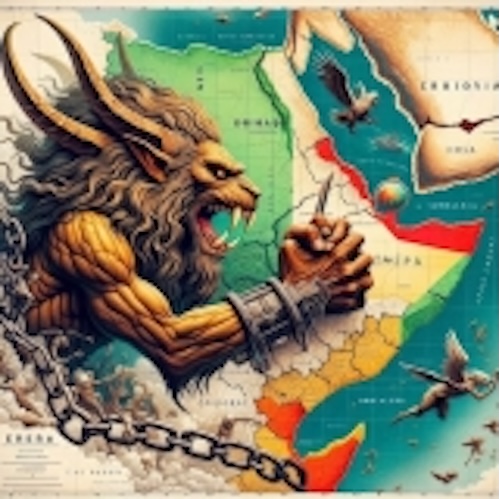 The Politics of Myths and the Invention of Legitimacy: An aged parchment map unfurls the jagged coastline and highland plateaus of the Horn of Africa, its borders blurred, its names shifting with colonial ink and oral memory. This is not just geography, it is a palimpsest of myth and empire. The map hints at ancient kingdoms like Aksum and Adal, overlays of Italian ambitions, and the ghost-lines of Ottoman and British claims. But beneath the cartography lies something deeper: the myth of Solomonic descent, the legend of the Ark of the Covenant, and the whispered belief that Ethiopia was never colonized because it was divinely shielded. In this image, the map becomes a mirror reflecting not just land, but the stories nations tell to justify their shape. The illustration depicts myths control.
The Politics of Myths and the Invention of Legitimacy: An aged parchment map unfurls the jagged coastline and highland plateaus of the Horn of Africa, its borders blurred, its names shifting with colonial ink and oral memory. This is not just geography, it is a palimpsest of myth and empire. The map hints at ancient kingdoms like Aksum and Adal, overlays of Italian ambitions, and the ghost-lines of Ottoman and British claims. But beneath the cartography lies something deeper: the myth of Solomonic descent, the legend of the Ark of the Covenant, and the whispered belief that Ethiopia was never colonized because it was divinely shielded. In this image, the map becomes a mirror reflecting not just land, but the stories nations tell to justify their shape. The illustration depicts myths control.So, the a reflection helps you rejuvenating and reflect while indulging in my reflection. This is a cross-rejuvenation through which you see yourself in front of these politics of myths, while getting through the journey, you will know more about your world and how some conventional narratives shape it.
Before we dive into the six rejuvenating articles on the politics of myths, allow me to first offer a brief detour... an orientation through the conventional narratives that shaped history itself.
This page does not stand alone, parched in some isolated desert. Its waters are drawn from deeper wells... sections that precede it, inform it, and feed into it. Each one is a spring, flowing into the next. Together, they form a current of reflection and insight, ready to guide your journey across the landscape of belief, invention, and illusion.
You are not stepping into theory... you are stepping into continuity. And this water is already carried in your hands.
1. Sudan Through the Lens of Inherited Myths:
- How Fear Devastated an Entire Country? (Part #1)
- Sudan as a Modern Case Study of Fear-Driven Collapse! (Part #2)
- Fear and Collective Behavior: How Dogma, Nostalgia, and Religion Shaped Sudan’s Destiny? (Part #3)
- Reimagining Progress: How to Overcome Fear on Personal and Collective Levels? (Part #4)
- The Anatomy of Fear: Lessons from Sudan and the Psychology of Change! (Part #5)
- How Islamic Parties Repackaged Belief in Sudan? (Part #6)
- The Janjaweeds Conspiracy and Politics of Myth in Sudan (Part #7)
- The Forces of Freedom and Change Destroyed Sudan (Part #8)
- How Sudan Lost Its African Soul: The Disappearance of Joy (Part #9)
This section is still developing with more articles and of course more insights.
2. Global Scripts: How Myth Informs Power Beyond Borders?:
- Breaking the Illusion of Truth: Psychological Liberation & Intellectual Growth!
- Conventional Narratives Are Always Wrong
- Dominant Perspectives Shape Our World!
- Established Frameworks Invisible Forces!
- How Established Opinions Shape Perception?
- Illusions of Institutional Narratives!
- Mainstream Ideologies Shape History!
- Media Driven Fear Narratives!
- Origins of Misleading Narratives!
- Politics of Myth and the Invention of Legitimacy!
- Prevailing Discourses Challenge Social Narratives!
- Social Norms Shape Consumer Behavior!
- Why Prevailing Perspectives Fail Us?
3. History’s Mirror: How Eras Have Framed the Way We See the World:
- Why Expanding Horn Africa to Include Other States and Global Impacts?
- A New Era of Chaos and Distrust is Shaping!
- Pre-Cold War Era of Colonialism & Imperial Rivalries!
- Pre-Cold War American Expansionism!
- The Cold War Era: A Battle of Ideologies and Influence!
- Why Do Nations Fragment When Unity is Their Greatest Strength?
- Eastern Europe Socialist Bloc Fragmentation!
- Sudan and U.S. Policy: A Terrorism Connection? What's The Real Story?
- Eritrea Was Too Late to Independence Due to Colonial Conspiracies!
- Namibian Road to Independence From Liberation to Sovereignty!
- The Post-Cold War Era: A Shifting Global Landscape!
- How Economics, Ideology, and Geopolitics Fragment Nations and Create New Ones?
- New World Order: Stability or Chaos?
- Why Am I Saying A New Era of Disorder and Doubts is Shaping?
- Rewriting History: The Lies We Inherit!
- Illusion of Institutional Narratives!
- Why Prevailing Perspectives Fail Us?
- Conventional Narratives Are Always Wrong!
- Rewriting History: The Lies We Inherit!
The Sudanese Politics of Myth and the Invention of Legitimacy!
There are moments in Sudanese history when the betrayal of truth did not come dressed in military uniforms or foreign suits... it came cloaked in myth, piety, and tradition. This is not accidental. It is the deliberate exploitation of symbols and belief to gain legitimacy where no vision exists. A tactic long practiced by sectarian parties, who have embedded themselves in Sudanese political life not through merit, but through "manufactured mystique".
This is "The Politics of Myth": the psychological framework that turns leaders into saints, sects into sanctuaries, and obedience into a form of faith.
I saw it as a child. Graves unlike others, adorned with money boxes, as if political sainthood had earned the right to spiritual tribute. Even the poor, especially the poor placed coins and small notes through the rusting slots, not out of logic, but "in hope". In fear. In myth. I saw people kneel to kiss the hands of sect leaders as though kneeling to the future itself. But, those hands built no schools. Those graves fed no hungry mouths. These gestures were not spiritual... they were political submission masquerading as reverence.
Sectarian parties knew the psychology well. They conditioned entire communities to associate blessing with loyalty, sainthood with inheritance, and allegiance with salvation. And so, power passed not through vision or conviction, but through birthright, turbans, and tales.
When these parties entered politics, they did not leave their altars behind. They brought their congregations into voting booths. They spoke not with manifestos, but with sacred names. They did not ask for support they "summoned" it.
The psychological effect is long-lasting. Generations grow up believing that to leave the sect is to leave safety. That criticism equals betrayal. That asking for accountability is to insult the dead.
This is how sectarian politics consumed the revolution from within. While the youth bled for truth, others trafficked in ritual. While the street called for justice, sect leaders whispered of tradition. And once again, the myth won the microphone.
But myths can be undone, not by force, but by "clarity" I am offering you, if you feel me right. By memory. By calling things what they are.
The Sudanese revolution is a chance to retire the myth, bury the sainthood, and rebuild public life on reality... not reverence.
Keep your home fire burning... Get your soul back. 🖋️🔥🧠
The Holy Mask and the Mercenaries of Belief!
The politics of myth is not fenced in by national borders. It floats like incense through shrines and sects from Khartoum to Baghdad, stitched into turbans and whispered in pulpits. Its language is emotional, not intellectual; spiritual on the surface, strategic beneath. And nowhere have I seen its theatre more poignantly than in Kazimiyah.
There, on a quiet evening, I wandered alone, reflective into the spiritual district. I had been invited by a colleague who asked, cryptically, why I did not visit. What I found was not just devotion, but choreography. Girls dressed in full Islamic black attire emerged from the shrine of a revered figure, the kind of site where a symbol politicized into destinations and sanctity is repurposed as performance. One slowed her steps. I followed. The encounter that unfolded was cloaked in paradox... between the cloth and the intention, between reverence and temptation. Underneath faith’s fabric, there was no armor of modesty just the naked contradiction of a myth cracking open.
*This is not about individuals... it is about systems.
Across the Arab region, holy places have become stages. Sectarian elites have turned grief into currency, martyrdom into a recruitment tool, and sacred sites into soft power. Leaders do not just rise, they are "anointed". Women are not just believers... they are "symbols". And the communities built around these figures are trained to trade political memory for ritual memory.
In such spaces, loyalty is not earned through governance but "felt" through myth through stories, slogans, and relics. People give more than votes; they give "psychological allegiance"*. The poorest still place coins at tombs. The youth, disillusioned with institutions, retreat into emotionally charged loyalty rituals where questioning is taboo and ritual is mistaken for destiny.
This emotional engineering shapes not just voters, but entire worldviews. It confuses obedience for piety. It teaches that alignment with sect equals safety, and that betrayal of the sect is betrayal of the self.
The politics of myth is both armor and mask... it shields the unworthy and hides the truth.
Sudan taught me its foundations. Iraq showed me its theater.
And this is why myth cannot be treated as local folklore... it is "geopolitical psychology". Those who understand how to invoke it do not need armies. They only need sacred stories, strategic timing, and a loyal chorus. Are you in?
Masks, Thrones, and Memory: The Politics of Myth Across Africa!
Across Africa, political power often emerges not in the shadow of constitutions, but in the glow of ancestral fire. It is not always enforced by armies, but carried by masks, thrones, and memory. The Politics of Myth here is not merely about superstition... it is about narrative infrastructure: rulers who reign as descendants of gods, parties that position themselves as heirs to liberation, and republics that wrap themselves in the regalia of kingdoms long gone.
From Zimbabwe, where Mugabe mythologized himself as the final guardian of independence, to Uganda, where President Museveni positioned his rise as the inevitable path ordained by revolutionary purity, African leaders have long used myth not as story, but as shield.
In Ethiopia, the Solomonic claim of Haile Selassie linked statehood to sacred lineage. Many people even don't know his real name. In Jamaica, million bowed to him in the spirit of Black Messiah. In DR Congo, Mobutu Sese Seko renamed cities and rewrote time itself to cast himself as father of a "new authenticity." The leader was not a man... he was a symbol. An echo of something divine.
Myth saturates party politics, too. In many countries, liberation movements morphed into ruling parties whose revolutionary pasts were re-scripted as permanent credentials for power. Criticizing the present became synonymous with insulting the ancestors.
Yet some of the most powerful political myths in Africa do not come from palaces... they rise from the people. In parts of West Africa, griots recite lineages that link village chiefs to ancient empires. In places like Nigeria and Ghana, spiritual authorities shape politics through prophecy and cultural endorsement, making the invisible world a stakeholder in elections.
And Sudan? Sudan is both mirror and mosaic. Its politics inherited Egyptian mythology, Sufi sainthood, pan-Arab heroism, and African ancestral reverence, wielded by sects, soldiers, and storytellers alike. Its myths are layered, transcontinental, and often deliberately contradictory.
Africa’s politics of myth is not about illusion... it is about legacy. The past is never really past. It marches beside the president. It votes in every election. It whispers from every poster.
Global Symbols, Local Shadows: Myth as a Tool of Empire!
The politics of myth is not confined to Sudanese sects or Arab shrines. It stretches across oceans, parliaments, television screens, and schoolbooks. Its vocabulary may shift, but its logic remains eerily consistent: "*create a myth, crown it with emotion, and claim authority in its name." The tools are not always religious. Sometimes they are national. Sometimes they are corporate. And sometimes, they wear the smooth language of democracy.
In the West, flags wave like sacred cloth. Founding fathers are canonized into political saints. Hollywood scripts reinforce narratives of moral superiority, while news cycles recycle symbols that trigger awe, fear, and loyalty. Entire elections are fought not over policy, but over the myth of "who we are."
In the United States, for instance, patriotism is often inseparable from military myth. The image of the "soldier-hero," the anthem, the salute... all become psychological rituals that mute criticism. Dissent becomes blasphemy. In Europe, colonial histories are cleaned and retold as civilizing missions. Statues of empire-builders still stand tall, more monument than memory.
These are not differences of geography. These are differences of design. "The myth adapts to the culture it inhabits."
And beneath every global myth lies a shadow:
- A poor community that recites national pride while struggling to eat.
- A media system that builds national icons while burying uncomfortable truths.
- A school curriculum that glorifies unity while omitting the cost of conquest.
My experience in Kazimiyah, and my memories in Sudan, prepared me for this recognition. Myth is not always religious, it can be secular, strategic, and slick. And it is just as dangerous when it is dressed in suits as when it is wrapped in robes.
What unites these myths, whether holy or national, is their psychological impact. They create "emotional boundaries" that define loyalty, identity, and worth. They shield power from scrutiny. They imprison thought behind reverence.
And so, the politics of myth becomes a global apparatus: one that manufactures consent through symbolism and neutralizes resistance through emotional confusion. Its victims are not only those who believe too easily, but those never given the tools to question at all.
Want to reflect with me? Get your thoughts along with me when you complete the entire reflection. 🖋️🌍⚡
Myth Made Flesh: Cults of Power in Latin America!
In Latin America, political myth does not whisper, it marches, chants, and weeps beneath national flags. From the eternal gaze of Che Guevara to the echoing voice of Hugo Chávez, the region’s history is not simply recorded, it is resurrected through memory, murals, and messianic politics. These are not just leaders, they are legends made flesh. And their power, like all myth, lives beyond policy: it thrives in emotion, ritual, and the hunger for deliverance.
Unlike Sudan's sectarian manipulation or Iraq's mythic cloaking of identity, Latin American myth emerges through a fusion of revolution, charisma, and faith. Leaders become martyrs-in-waiting, their images sanctified while they are still alive. Their speeches echo through barrios and hillsides like scripture. They are fathers of the poor. Warriors of the oppressed. Prophets with microphones.
In Venezuela, Hugo Chávez did not just govern, he mythologized. "Chavismo" became both a political platform and a faith system. His televised addresses were part sermon, part spectacle, and his death was staged like a state sacrifice. Today, shrines dedicated to him remain active, where candles and chants replace ballots and demands.
In Argentina, Perón and Evita still command emotional fealty from sectors of society, their images branded on walls, street names, and hearts. Their mythical power was and is rooted not in institutions, but in identity, nostalgia, and the story that only they loved the people enough to suffer with them.
Even revolutionary icons like Simón Bolívar have been reinterpreted endlessly, sometimes as liberator, sometimes as founding myth, sometimes as justification for authoritarianism cloaked in the name of freedom. The myth is portable. Adaptable. Immortal.
And it is everywhere: in schoolbooks that sanctify revolution while omitting repression. In national holidays where mourning becomes ceremony. In political rallies where the leader’s image overshadows all policy. It is not a lie... it is a carefully managed dream.
But myths, like empires, decay when overfed. They become hollow, performative, burdensome. And the cost? A generation too enchanted to question. A democracy slowly replaced by applause. A people seduced into silence.
Latin America teaches us that myth is not opposed to revolution sometimes, it wears its uniform.
Mexico, Brazil and Haiti!
We’ve traced the majestic mythologies of Latin American leaders and revolutions, but one critical dimension still needs spotlighting: spiritual-political hybridity driven by syncretism and folk religiosity.
In places like Mexico, Brazil, and Haiti, the Politics of Myth is not just top-down, it grows from below, where popular saints, Afro-indigenous deities, and mystical icons become vessels for political identity and resistance:
In Mexico, figures like La Santa Muerte, the skeletal "saint of death" worshipped by marginalized communities have become symbols of both protection and protest, especially among those ignored by official institutions. Politicians sometimes invoke or suppress these symbols based on electoral strategy.
In Brazil, Candomblé and Umbanda, Afro-Brazilian spiritual systems, have long coexisted with Catholicism, blending spiritual authority with cultural resistance. Political candidates often stage appearances at both evangelical megachurches and Afro-religious ceremonies, mythologizing themselves as bridges between worlds.
In Haiti, Vodou was not only a religion, it was an engine of revolution. The Haitian Revolution was sparked, in part, through Vodou ceremonies that linked ancestral power with anti-colonial fire. To this day, political figures sometimes seek legitimacy through these rites, while others vilify them to maintain elite control.
These are not "side stories", they are the grassroots mythologies of Latin America. Not always inscribed in marble, but etched in candles, music, and memory. They show us that political myth in this region isn’t just about statecraft, it’s about spiritcraft.
Emperors, Revolutionaries, and Eternal Fathers: Political Myth in Asia!
Asia offers some of the most powerful and enduring examples of political myth-making on the planet... myths that have embedded into dynasties, national identities, and imagined pasts shaped empires, revolutions, cults of personality, and even modern technocracies.
In Asia, the politics of myth takes on vast, towering forms. Here, belief is not just psychological, it is "geological", layered deep into dynasties, liberation struggles, and state religions. From the divine right of emperors to the godlike aura around revolutionaries, power is rarely justified by governance alone. It is sanctified by
narrative, tradition, and mythic memory.
In North Korea, the ruling Kim dynasty embodies one of the most comprehensive cults of personality in modern history. Kim Il-sung is not merely remembered, he is "eternally president", his biography rewritten with supernatural feats, his lineage framed as sacred. Loyalty is not just expected; it is ritualized. National history bends around the mythos of the family, rendering politics indistinguishable from faith.
In China, the image of Mao Zedong has long surpassed human legacy. His portrait still presides over Tiananmen Square. His quotations once formed a secular scripture. The myth of the eternal revolutionary remains useful to the Party, invoked when legitimacy is strained. Even as China transitions into a technological superpower, the emotional residue of Mao’s myth continues to sanctify authority.
India, too, holds myth close to politics. From Gandhi's saint-like image, often abstracted from his contradictions to modern nationalist forces linking political identity with ancient epics, the boundaries between religion, civilization, and electoral power are deliberately blurred. Political movements tie themselves to Vedic grandeur, resurrecting gods and golden ages to justify present-day policies. Myth becomes mandate.
In Japan, the emperor was long considered divine... his speech after WWII was not just a surrender, but a theological rupture. Even today, the rituals of the imperial household carry weight not because of power, but because of "presence", a performative continuity that legitimizes the state through cultural reverence.
And across Southeast Asia, from the royalist narratives in Thailand to Marcos-era mythmaking in the Philippines, we find a similar pattern: myth is used not just to glorify the past, but to "colonize the future". Memory is molded into destiny.
What unites these myths?
The emotional intimacy between authority and identity. The myth becomes so tightly woven into the national psyche that to reject it feels like exile from one’s culture, one’s ancestors, even one’s self.
The Global Dynamics Analyze the Politics of Myth and Provide A Way Map to Realism!
The Politics of Myths and the Invention of Legitimacy are not confined to the past or to philosophical critique... they are forces shaping institutions, identities, and the very survival of our planet. The Global Dynamics page invites readers beyond critique, into reflection and engagement: how can we decode these myths, and replant truth in their place? How can global movements and ordinary citizens reimagine power from the ground up? The seed of that answer begins with memory, media, and methods as Khalid Mohammed Osman’s early experiments in Eritrea revealed. Of course, that is me, yours, truely.
How can global movements and ordinary citizens reimagine power from the ground up? The seed of that answer begins with memory, media, and methods as Khalid Mohammed Osman’s early experiments in Eritrea revealed. Of course, that is me, yours, truely.
Through decades of thinking and inventing exactly across the last historical eras, and in 1989 and after the independence of Eritrea, which has arrived too late with Namibia's independence, I developed an environmental project in these Global dynamics to examine how the people of the world can use such International Dynamics to solve the politics of myths and change this world.
That experimental project has succeeded in a marvellous way due to multiplicand methods I used. In my media, I used the newspaper in which I work and the Radio and TV stations. The radio broadcast in ten local languages. It sent messages about my environmental actives in a compelling title such as the "Martyr's Tree".
I used this title not only for national independence values, but also as environmental. So, during national occasions, such as the "Martyrs' Day", the "Independence Day" and so, the activities have continued to achieve planting more than 5 millions Martyr's Trees. This indicates that methods are strategies and more.
On foot, climbing the heights and down to the values I continued to visit schools to speak about how such project is vital and how to implement it. I engaged trade unions with the project and they contributed to funding the tools needed to implement the project including the banners that are scripted by the name of the project and encouragement for citizens to join and plant Martyr's Trees. I already knew that almost every family has lost one or two persons in the struggle for independence and this was a strong motive.
I also involved diplomacy channels to participate in the occasion through officials letters sent to them from the Ministry of Foreign Affairs. I convinced my friend Sebhat Ephrem, the Mayor of Asmara, the capital of Eritrea and Hamasien Region to write these letters to this ministry and the ministry of information and the press including the radio and tv. The mayor wrote the letters and while his secretary was writing them, he was on his way to attend a meeting in the people's council and when his secretary told him to wait to sign the letters, he told her let Khalid Osman sign them. The was surprised... but, I knew what that did mean to me, so I signed the letters and just wrote before my name: for the mayor: Khalid Osman.
What I laughed at was that, when I gave one of these letters to the editor in chief in the official newspaper he asked me: Are you working in the newspaper, or working as a mayor of the region? I just simply replies: I work in the municipality of Asmara in my private time... in a gesture that means, you should that me for that. Even the minister of foreign affairs didn't come to the occasion to receive the diplomats and I called the mayor who came to receive them. While I was waiting for the mayor, I saw the minister of foreign affairs driving by in his car. The mayor was upset but he covered that and told me: well, we concentrate on our guests. He Wass very diplomatic and at that time I knew why he was the defence minister during a time in the struggle for independence.
There was a nursery in which there are many small palm trees that wreak havoc and were very good to use for the occasions with the meaning palm trees have. The mayor wrote me a letter to the manager of the nursery one day to collect some palm trees. The manager refused saying that the species were rare and there were not much of them.
I was surprised and then told him: you were one of the veteran independence fighters, sir how could you refuse to give some palms for your martyred comrades? Then, upset I told the mayor, while he was in his car trying to get home, He laughed and commented: I don't know what those people afraid of! The mayor perhaps has went there before he drove to his home and talked with them.
Beyond this reflection: You can see how the International Dynamics can work to change this world, solving it problems and preparing for an era that has never happened in human history, which will better and more development for humanity. Get through the sections of the Universal Dynamics to learn more, subscribe to Intelligentsia Newspaper and implement the Action Guide. That's the only way to prove you are the basic asset in human development.
Politics of Myths and the Invention of Legitimacy: Space Exploration: A Double-Edged Sword? [Latest on The Insight Lens: Wednesday, May 07, 2025]Politics of Myths and the Invention of Legitimacy: Space Exploration vs. Earth's Survival: The Real Dilemma! [Latest on The Insight Lens: Tuesday, May 06, 2025]
Politics of Myths and the Invention of Legitimacy: Exploring the Unknown: Life, Environment & Cybersecurity! [Latest on The Insight Lens: May 06, 2025]
Politics of Myths and the Invention of Legitimacy: Space Wars: The Next Frontier! [Latest on The Insight Lens: Thursday, May 08, 2025] Follow the Insight Lens, or WellnessTravels
Politics of Myths and the Invention of Legitimacy: From Colonial Empires to Space Frontiers: Lessons Unlearned [Latest on The Insight Lens: May 9, 2025]
Politics of Myths and the Invention of Legitimacy: The Hidden Dangers of Space Exploration: Are We Going Too Far? [Latest on The Insight Lens: May 10, 2025]
Politics of Myths and the Invention of Legitimacy: Trade Wars from History to Cultural Shock! [Latest on The Insight Lens: 2025-04-19]
Politics of Myths and the Invention of Legitimacy: Trade Wars Reflect The Hidden Agenda of Free-Market Capitalism! [Latest on The Insight Lens: 2025-04-19]
Politics of Myths and the Invention of Legitimacy: Climate Change: Myths vs. Reality! [Latest on The Insight Lens: Monday, May 05, 2025]
Politics of Myths and the Invention of Legitimacy: How Trump’s Tariffs Led to Price Hikes & Consumer Resistance? [The Insight Lens]
Politics of Myths and the Invention of Legitimacy: U.S.-China Trade Talks: A Swiss Reset! [Latest on The Insight Lens: Sunday, May 11, 2025]
Politics of Myths and the Invention of Legitimacy: Space Exploration: Worth the Risk or Too Costly? [Latest on The Insight Lens: May 10, 2025]
Politics of Myths and the Invention of Legitimacy: Robot Debate: Science & Innovation Breakthroughs! [Latest on The Insight Lens: Monday, May 05, 2025]
Politics of Myths and the Invention of Legitimacy: Robots Delivering Breaking News: Today's Global Highlights! [The Insight Lens: 2025-04-25]
Politics of Myths and the Invention of Legitimacy: The World is Heating Amid Trade Wars – A Crisis Ignored! [Latest on The Insight Lens: 2025-04-24]
What Do You Think of "Politics of Myths and the Invention of Legitimacy"?
I think this page should open serious discussions on its topic. The aim is to activate the people of the world to do something that could save and change this world, so we could have all a better future, instead of the dilemmas we hear about and we see every day.
Have A Great Story About This Topic?
Do you have a great story about this? Share it!
Did you get any of my books from Apple Books?
Click here to tell me & get some free books. Fill the form.
رواية "الموتُ شرقاً" تكشف لك سرّ الموت الشرقي التراجيدي المستمر للإنسان
احصل علي الرواية الآن واكتشف إنهيار القواسم المشتركة، واستلهم إبداعا يشبه الأسطورة في النص الروائي
"Follow", "like", "tweet", or "pin" the pictures to express your love! Thanks
TweetHorn Africa's Political Tragedy
Love in the Internet Time on Apple Books
Rising of the Phoenix Poetry on Apple Books
Free Poetry Picture Book
Free poetry picture book on Apple Books. You can use the images on public places for your customers to enjoy, while taking coffee.
The French & Spanish Versions
You can work the French versions and the Spanish versions of the two books above with me on, one on one bases. Contact Us.
HOAs Political Poetry Imaged
I'll be thankful, if you get one of my books.
My Books!
Publish Your BookLet's be the publishers of your book. Use the form at Contact Us.

